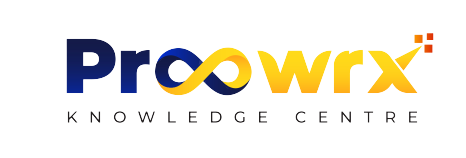In any business, having effective communication with clients is crucial for building strong relationships, earning trust, and ensuring satisfaction. Clear communication not only prevents misunderstandings but also improves the overall client experience. Whether you’re a freelancer, entrepreneur, or part of a large corporation, mastering communication techniques can significantly impact your success. Here are some valuable strategies to help you communicate more clearly and effectively with your clients:
Active Listening:
A key part of good communication is active listening. This means really focusing on what your clients are saying – their needs, worries, and expectations. Pay attention to their words, tone, and how they act. Repeat back what they say to make sure you understand and to show you care. Active listening helps you understand better and build a stronger connection, making communication smoother.
Clarify Expectations:
Good communication starts with being clear about what everyone expects. Make sure you’re on the same page about things like what the project is for, when it’s due, what you’re going to deliver, and any other important info. When everyone knows what to expect, it helps avoid confusion and makes sure everyone’s on the same page.
Choose the Right Communication Channels:
Depending on the situation, you might need to choose the right way to communicate. Email works well for sharing lots of details or documents, but it might not be great for quick or sensitive talks. For those, video calls or phone calls are better because you can pick up on tone and expression.
Use Simple Language:
Don’t use jargon or technical language that your clients might not get. Keep it simple and easy to understand. If you need to talk about something complicated, break it down into simpler parts and give examples or comparisons to help them understand. The important thing is to make sure they get what you’re saying, not to sound smart.
Be Responsive:
It’s really important to reply to your clients quickly. Let them know you got their message, even if you need some time to get back to them properly. Be honest about when you can respond and try to stick to it. Being quick to reply shows that you care about your clients and their needs.
Seek Feedback:
Ask your clients for feedback often to see how happy they are and where you can do better. Their feedback helps you understand what you’re doing well and what you can improve. Make sure they feel comfortable sharing their thoughts, and let them know you’ll listen and take their feedback seriously.
Be Transparent:
Being open and honest builds trust with your clients. If there are any problems, delays, or changes in your project, let them know right away. Talk openly about any challenges you face and suggest ways to fix them before they become bigger issues. Being transparent shows that you’re reliable and accountable, which helps build trust and credibility in your relationship with your clients.
Conclusion
Good communication is key to great relationships with clients. By actively listening, clarifying expectations, choosing the right communication channels, using plain language, being responsive, seeking feedback, practicing empathy, and maintaining transparency, you can cultivate stronger connections with your clients and achieve mutual success. Remember, effective communication isn’t just about conveying information—it’s about building trust, understanding, and collaboration.

